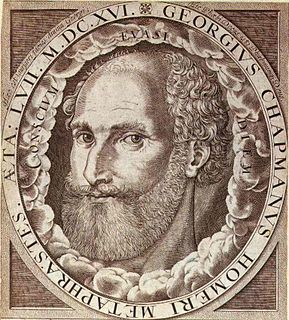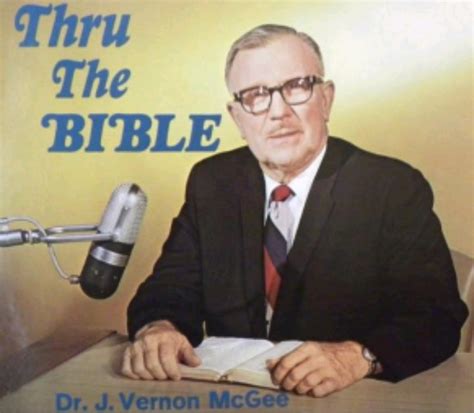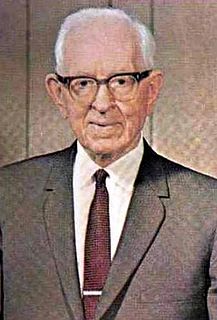A Quote by Joseph Addison
Tis heaven itself, that points out an hereafter, and intimates eternity to man.
Related Quotes
It must be so,-Plato, thou reasonest well! Else whence this pleasing hope, this fond desire, This longing after immortality? Or whence this secret dread and inward horror Of falling into naught? Why shrinks the soul Back on herself, and startles at destruction? 'T is the divinity that stirs within us; 'T is Heaven itself that points out an hereafter, And intimates eternity to man. Eternity! thou pleasing, dreadful thought!
Everything that from eternity has happened in heaven and earth, the life of God and all the deeds of time simply are the struggles for Spirit to know Itself, to find Itself, be for Itself, and finally unite itself to Itself; it is alienated and divided, but only so as to be able thus to find itself and return to Itself...As existing in an individual form, this liberation is called 'I'; as developed to its totality, it is free Spirit; as feeling, it is Love; and as enjoyment, it is Blessedness.
The sovereign good of man is a mind that subjects all things to itself and is itself subject to nothing; such a man's pleasures are modest and reserved, and it may be a question whether he goes to heaven, or heaven comes to him; for a good man is influenced by God Himself, and has a kind of divinity within him.
This Law -- whether Conscious or Unconscious --predestines nothing and no one. It exists from and in Eternity, truly, for it is ETERNITY itself; and as such, since no act can be co-equal with eternity, it cannot be said to act, for it is ACTION itself...Karma creates nothing, nor does it design. It is man who plans and creates causes, and Karmic law adjusts the effects; which adjustment is not an act, but universal harmony, tending ever to resume its original position.
NO NEUTRALS IN HEAVEN. There were no neutrals in the war in heaven. All took sides either with Christ or with Satan. Every man had his agency there, and men receive rewards here based upon their actions there, just as they will receive rewards hereafter for deeds done in the body. The Negro, evidently, is receiving the reward he merits
You have seen that the universe is at root a magical illusion and a fabulous game, and that there is no separate "you" to get something out of it, as if life were a bank to be robbed. The only real "you" is the one that comes and goes, manifests and withdraws itself eternally in and as every conscious being. For "you" is the universe looking at itself from billions of points of view, points that come and go so that the vision is forever new.
He is not the soul of Nature, nor any part of Nature. He inhabits eternity: He dwells in a high and holy place: heaven is His throne, not his vehicle, earth is his footstool, not his vesture. One day he will dismantle both and make a new heaven and earth. He is not to be identified even with the 'divine spark' in man. He is 'God and not man.




































